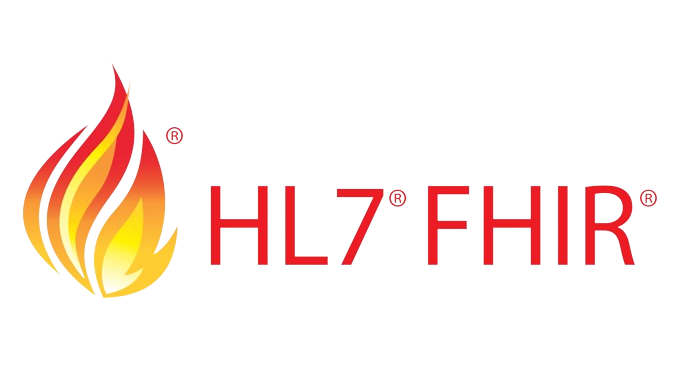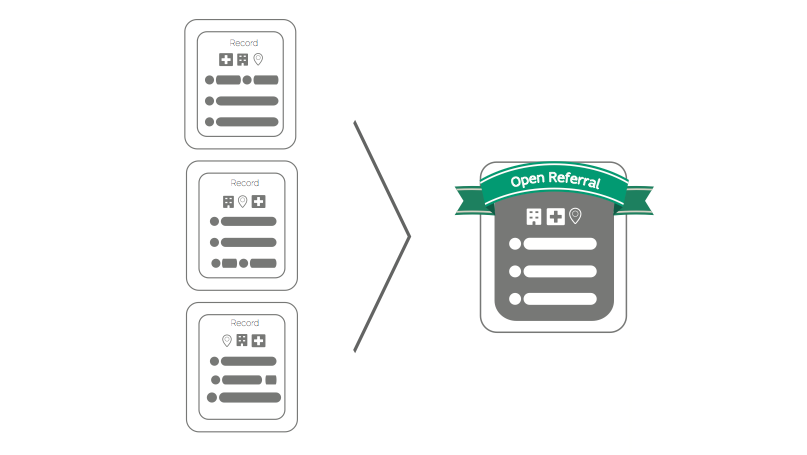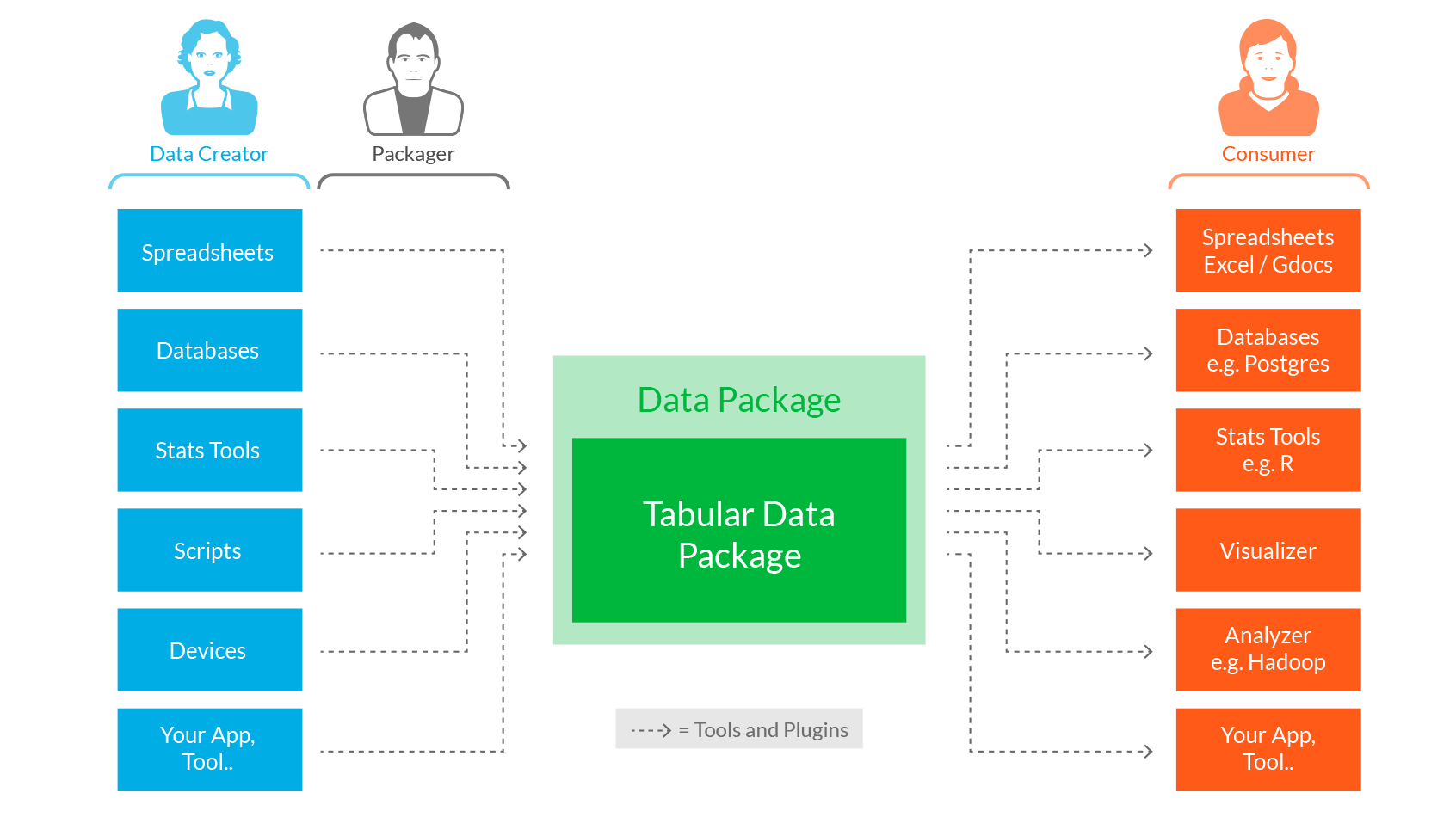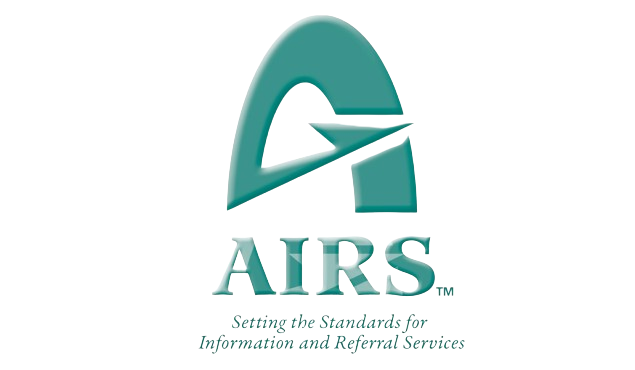Tag: specification
-

HSDS is now interoperable with FHIR®
As integration of healthcare and social care sectors becomes an ever-hotter topic, we’re excited to announce that we’ve taken a small but significant step forward: the Human Service Data Specifications are now aligned with the protocols for healthcare provider directory information specified by the Health Level Seven (HL7®) Fast Healthcare Interoperability Resources (FHIR®). Continue reading…
-

Introducing Profiles: customize our standard for your domain!
We designed the Human Service Data Specifications (HSDS)to make it easy to share information about human services of any kind. But given the many nuanced differences across human service sectors – and states and countries and etc – it’s just not feasible to standardize every possible kind of information associated with any kind of service anywhere.…
-

Introducing Version 3.0 of the Human Service Data Specifications
UPDATE: As of May 1st 2023, this upgrade is considered official! Thanks to our workgroup and all those in the community who contributed input. Read below for details.[This post is from Dan Smith, Open Data Services Cooperative’s Partnerships Lead for Health, Social and Physical Activity Data. Welcome, Dan!] We are excited to share a proposal…
-

Upgrading the Human Service Data Specifications: 2022 development cycle underway
As Open Referral’s network grows – involving more stakeholders in the development of interoperable resource directory information supply chains – our tools and practices must evolve in kind to support more complex needs. So we are excited to share that Open Referral has initiated a new development cycle to upgrade the Human Service Data Specifications.…
-

Upgrading the Human Service Data API protocols to 2.0
[Ed: This post is from Kin Lane, author of initial Human Service Data API protocols, and now Chief Evangelist at Postman, an API development platform. Welcome back, Kin!] Now that the Open Referral Initiative has upgraded to version 2 of the Human Service Data Specification (HSDS), we’re commencing a subsequent upgrade to version 2 of…
-

Upgrading our specifications: A proposal for HSDS 2.0
We’re excited to share a proposed upgrade to the Human Services Data Specification, authored by our technical partners, the Open Data Services Cooperative. Over the next two weeks, we’ll field feedback on these proposed changes. Take a look at the proposal in our Github repository – you can leave comments in the Issues queue –…
-

Introducing Open Referral’s data transformation toolkit
We’re excited to introduce a set of tools that make it easier to standardize resource data. Community resource directory data (i.e., information about health, human, and social services available to people in need) is deceptively complex. In order to accurately represent the relationships between organizations, the services they provide, and the locations they are offered,…
-

Not another directory of services! Adopting Open Referral in the UK
Today we welcome to the blog Mike Thacker of Porism Limited. Porism is a technical partner of the Local Government Association (LGA), a membership organisation of English local authorities, which owns the Improvement and Development Agency for local government (IDeA). Porism works with iStandUK, a local government standards body that promotes efficiency, transformation, and transparency…
-

AIRS Recommends Open Referral’s HSDS for Resource Database Interoperability
On behalf of the Alliance of Information and Referral Systems (AIRS), I am pleased to announce that the AIRS Board has moved to promote the adoption Open Referral’s Human Service Data Specification and API protocols as methods of establishing interoperability among resource databases and associated technologies. Our aim is to create secure, controlled and affordable…